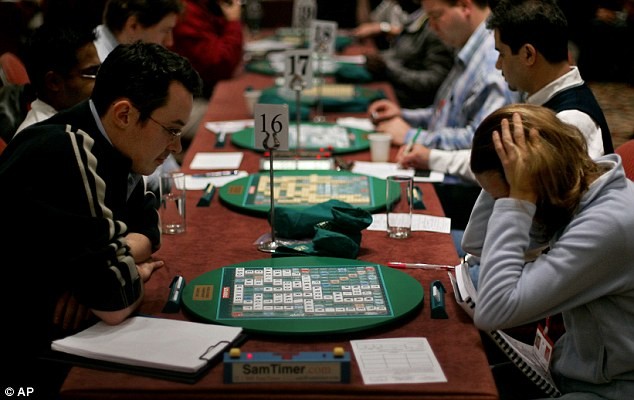Mattel’s problems won’t end at change of guard
Post on: 16 Март, 2015 No Comment

AndriaCheng
NEW YORK (MarketWatch) — There’s just no love for Barbie parent Mattel Inc. and the world’s largest toy maker knows it.
On Monday, Mattel’s MAT, +4.20% CEO Bryan Stockton resigned after three years at the helm. An almost 20-year company board director Christopher Sinclair was appointed as interim CEO. Mattel also gave a scope of how poorly it fared during the holiday quarter in contrast to 2014 industrywide retail sales that closed on a higher note.
Mattel’s fourth-quarter profit is expected to slide to 44 cents a share from $1.07 in the year-earlier quarter as both sales and gross margin declined. Excluding items, the company said it earned 52 cents. Analysts surveyed by FactSet were looking for profit of 91 cents a share. That would be Mattel’s sixth straight quarter of profit miss, according to FactSet.
Mattel’s ‘challenges aren’t ones that go away in a quarter or two, no matter who’s at the helm.’ Needham & Co. analyst Sean McGowan
Mattel, already 2014’s worst-performing stock in the S&P consumer discretionary sector with a 35% slide, fell as much as 11% in early trading on Monday. It was most recently down 5%.
“Changes take time in this industry,” Needham & Co. analyst Sean McGowan told MarketWatch, adding he didn’t expect the leadership change would come at this time. Mattel’s “challenges aren’t ones that go away in a quarter or two, no matter who’s at the helm.”
And there are many challenges facing Mattel as brands representing more than half of the company’s gross sales are declining. For one, Barbie, which McGowan said is the company’s biggest brand representing 17% of 2013 gross sales, has lost share to Disney’s Frozen Elsa doll. Barbie is “stuck with its own fame as a blond girl,” according to analysts, who say the dolls just doesn’t resonate with girls anymore. Though Mattel created its Monster High line in 2010, even those sales, which McGowan estimated at about 6% to 7% of total, have weakened.
While Mattel holds the Disney Princess license and has benefited from sales of licensed Elsa dolls, it’ll lose that license to rival Hasbro Inc. HAS, +1.30% in 2016. Also working against Mattel, the company’s traditionally strong American Girl doll’s third-quarter sales fell for the first time in 16 quarters, analysts said.
Amid the declining U.S. birthrate, Mattel’s Fisher-Price infant and toddler unit, which includes Little People and McGowan estimated at 30% of total business, has seen double-digit declines, including a 16% drop in the third quarter. Wall Street also criticized Mattel for failing to unveil innovations to justify its above-average price.
As Mattel struggles, competition got stronger, leading it to lose share to rivals including Lego. As parents increasingly bought tablets and other electronic gadgets for their kids, that also hurt Mattel. For instance, one of 2014’s top selling toys is a kids tablet made by Samsung, according to NPD Group. Analysts said Mattel also has been slow to experiment and take risks compared with other smaller companies.
To combat declining sales, Mattel is cutting costs, including investing in automation manufacturing. It also sees acquisition as a viable growth driver. For instance, to capitalize on the faster-growing construction categories Lego dominates, Mattel has bought rival label Mega Bloks.














